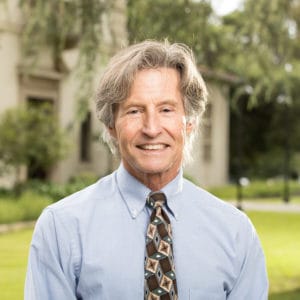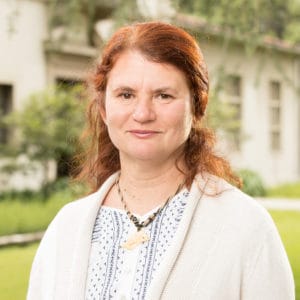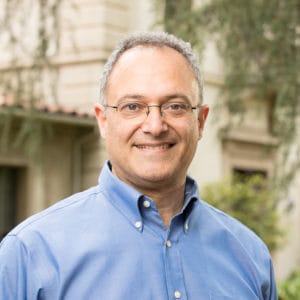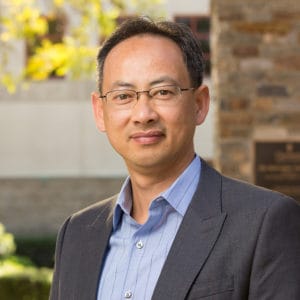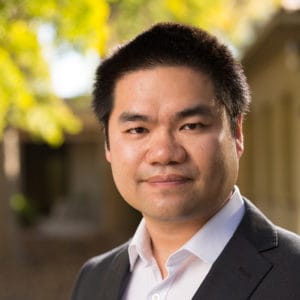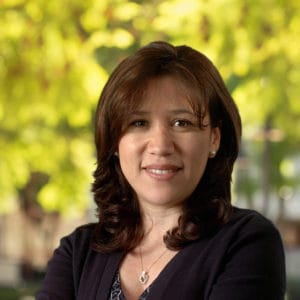View All Mathematics Courses
Degree Requirements
A minimum of 72 units of course work, independent study, and research (including transfer credit) must be completed.
- Transfer credits of up to 24 units of related courses at the master’s level is permissible on approval of the program committee; this course work must have been completed with at least a grade of B or its equivalent at an accredited institution and must be directly related to the joint program and to the student’s PhD goals.
- Of the 72 units, a minimum of 24 units must normally be completed in the graduate engineering program at CSULB and a minimum of 24 in the graduate mathematics program at CGU. Both sets of 24 units must conform to the area requirements of the relevant institution and must be approved by the Program Committee.
- All degree requirements must be completed within seven years (or six with the transfer of 24 units according to CGU regulations) from the time a student begins graduate study.
Residency Requirement
The residency requirements for the PhD degree may be met either by two semesters of full-time study in a 24-month period or by the completion of 48 units of course work within a 48-month period, including work in the summer session, on either or both campuses.
Research Tool
A student in the joint PhD program must demonstrate proficiency in problem-solving ability using computer programs. This demonstration may take different forms depending on the student’s engineering sub-discipline, but it must include evidence that the student has used an appropriate computer language and an algorithmic method to solve a problem from an engineering discipline.
Preliminary Examinations
The student is required to pass written preliminary examinations. These examinations consist of two examination areas: one in engineering and one in mathematics.
Research Preparation
On completion of at least 48 units of course work (including transfer units) and completion of the preliminary examinations and research tool test, a student embarks on the research phase of the joint doctoral program. In preparation for the research phase, the student is expected to spend at least a semester in advanced graduate courses, seminars, or directed reading courses, where exposure to research material is emphasized.
Research Proposal and Qualifying Examination
The student will define an area of proposed research and prepare a written dissertation proposal containing an outline of the research to be undertaken and references to relevant source materials. The dissertation proposal is presented to the doctoral committee at least two weeks prior to the qualifying examination. The qualifying examination is an oral presentation to the doctoral committee by the student describing the research planned. The student is expected to present evidence both as to the mathematical content and to the engineering application of the proposed research, supporting such evidence with references to previous research work in both areas.
Advancement to Candidacy
After successful completion of the qualifying examination and certification that all other requirements are fulfilled, the student is advanced to candidacy.
Dissertation and Final Oral Examination
On completion of the research, the student will prepare the Dissertation in accordance with CGU regulations. A final draft of the dissertation will be presented to each member of the doctoral committee at least three weeks prior to the final oral examination. The oral defense will be held on the campus of the dissertation supervisor.
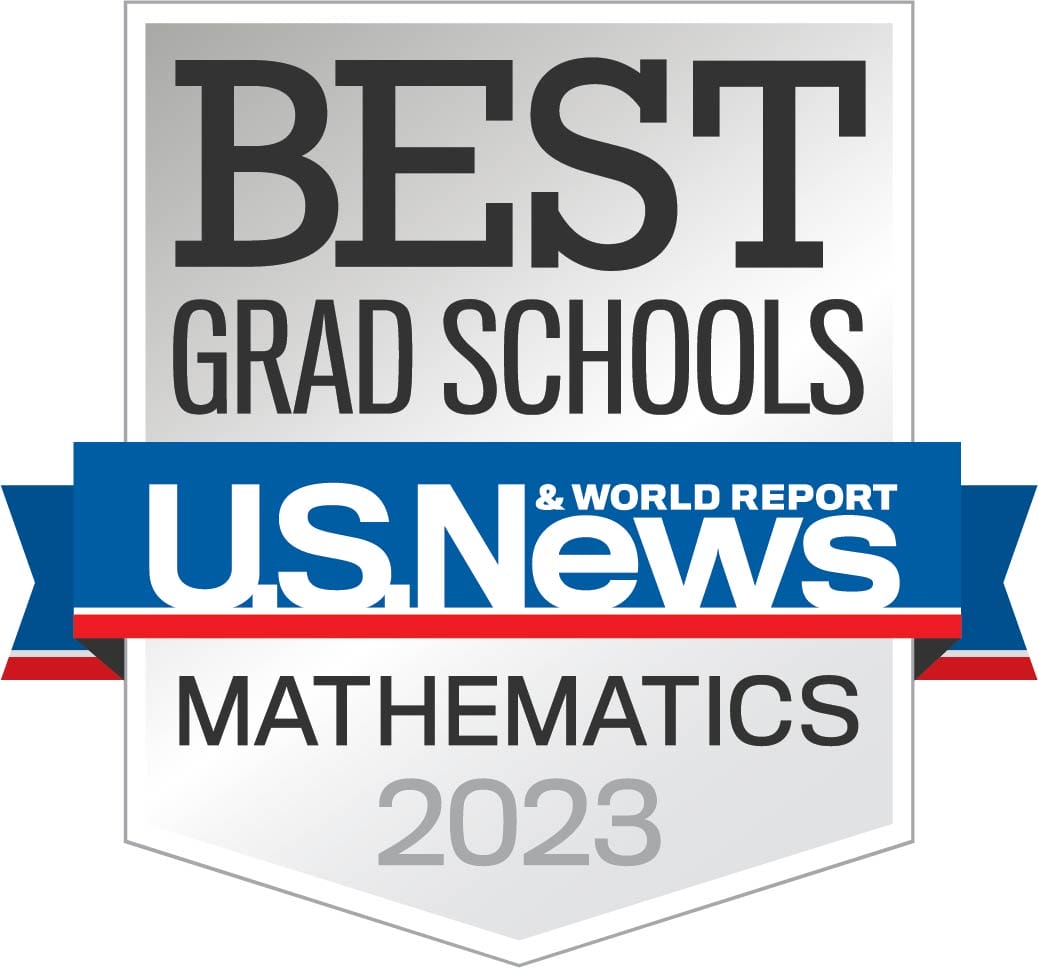 Combining the full resources of CGU’s Institute of Mathematical Sciences and the College of Engineering at California State University, Long Beach (CSULB), this joint degree program integrates advanced techniques in mathematical analysis with the latest in engineering innovation, research, and coursework. You’ll draw upon the expertise of faculty at two leading universities and study at a pace that fits your busy professional life. Flexibly designed to meet your individual needs, the joint PhD program in Engineering & Computational Mathematics offers ideal training for careers in aerospace, artificial intelligence, transportation, logistics, and more.
Combining the full resources of CGU’s Institute of Mathematical Sciences and the College of Engineering at California State University, Long Beach (CSULB), this joint degree program integrates advanced techniques in mathematical analysis with the latest in engineering innovation, research, and coursework. You’ll draw upon the expertise of faculty at two leading universities and study at a pace that fits your busy professional life. Flexibly designed to meet your individual needs, the joint PhD program in Engineering & Computational Mathematics offers ideal training for careers in aerospace, artificial intelligence, transportation, logistics, and more.